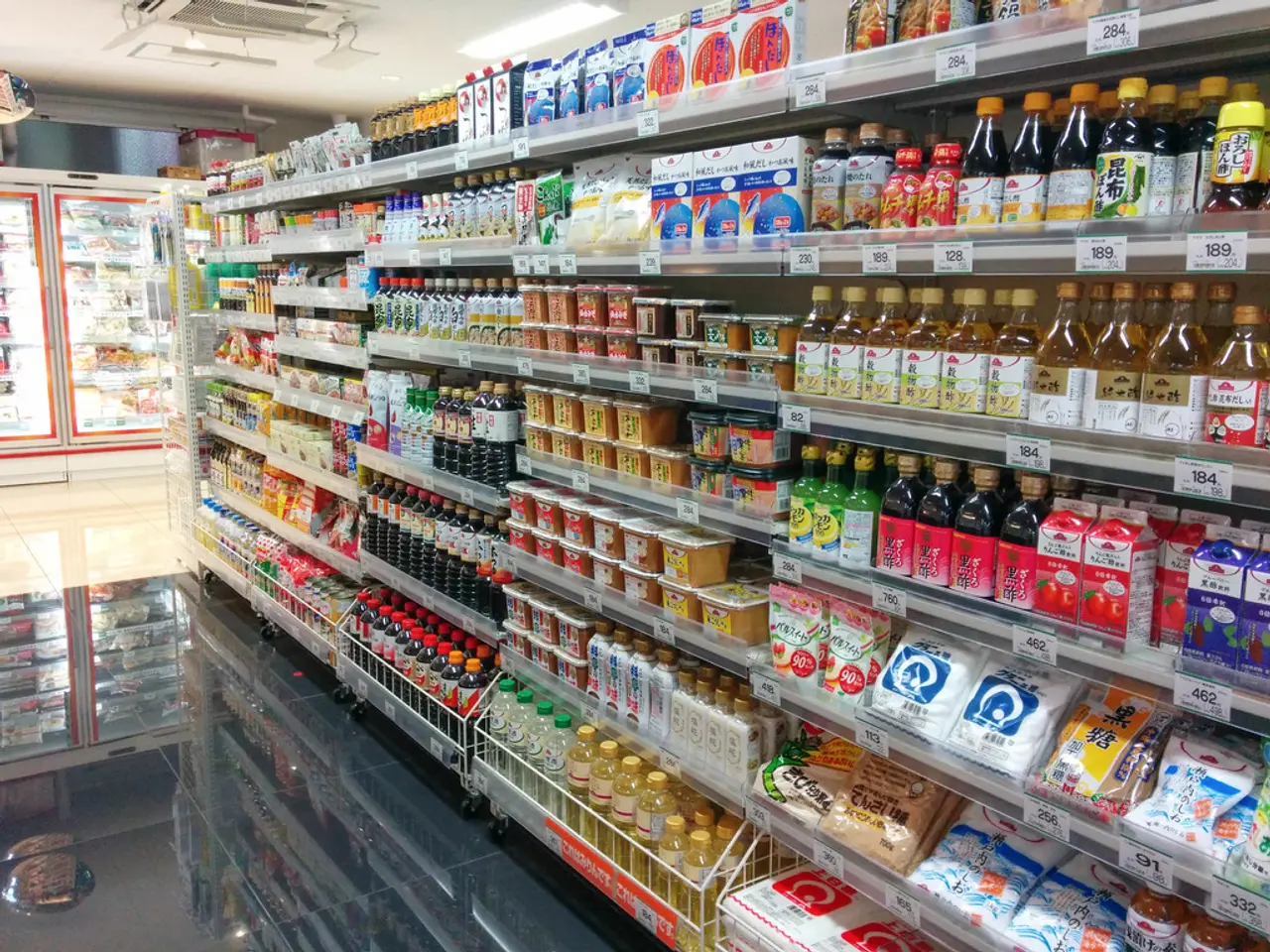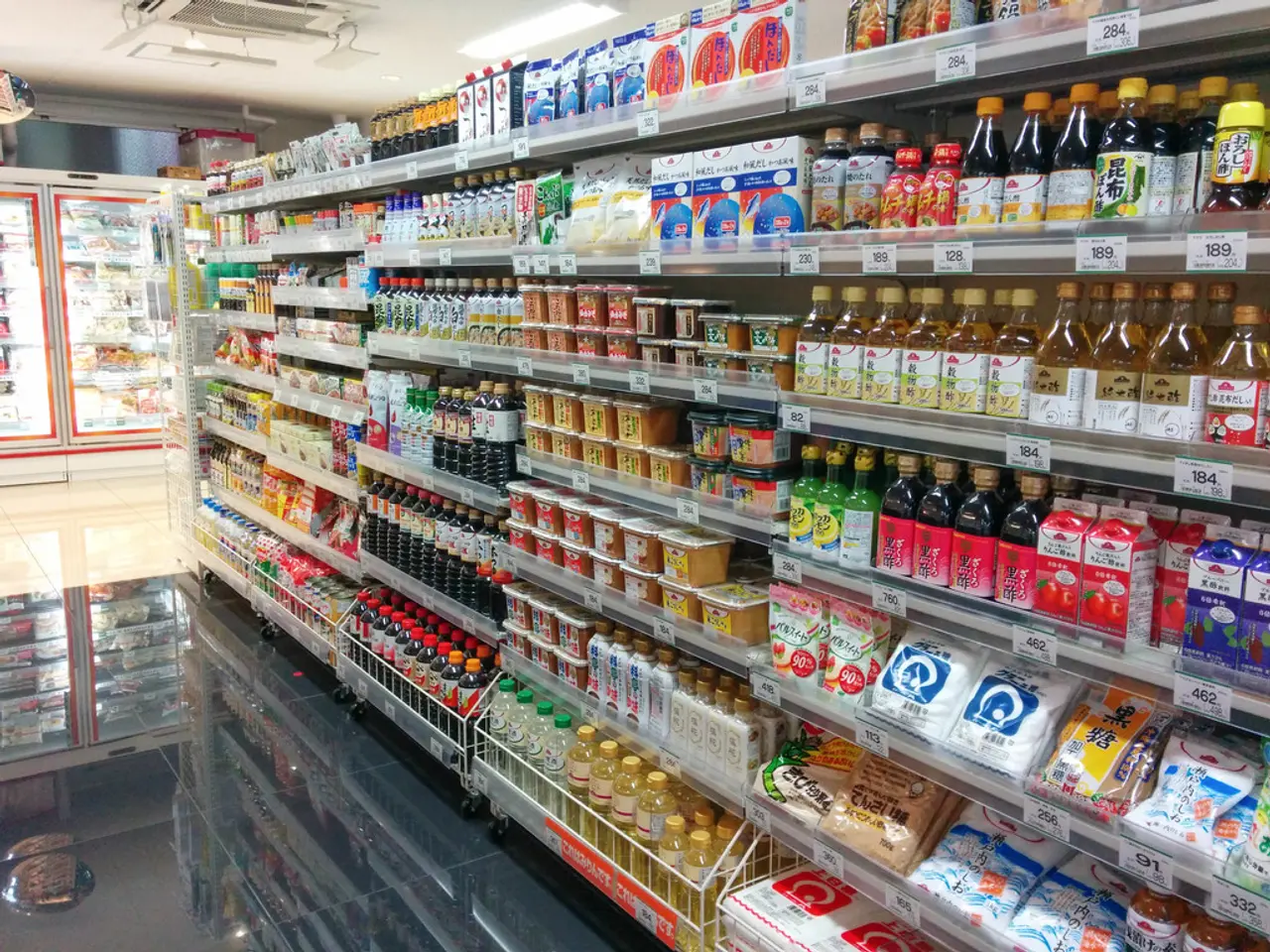Nearly a Fifth of Financial Leaders Assert the US Has Already Entered a Recessionary Phase
U.S. Business Leaders Remain Cautiously Optimistic About Avoiding Recession
A recent survey conducted by the AICPA and CIMA reveals that the majority of U.S. business leaders are cautiously optimistic about avoiding a recession by the end of 2025, despite acknowledging economic slowing and risks.
The figure of executives feeling optimistic about the U.S. economy has dropped significantly, from 67% at the end of 2024 to 27% as of the current survey. This decline in optimism, as reported by AICPA officials, is attributed to the November presidential election.
The AICPA's research, based on 328 responses from CPAs and chartered global management accountants who hold leadership positions at their organizations, also shows that more than half of the respondents (51%) accessed the survey through the AICPA's websites.
The survey results indicate that 39% of respondents are unsure about their expectations for the possibility of a recession, while 34% expect a recession by the end of 2025, and another 7% expect one sometime in 2026. On the contrary, 57% of those expecting a recession think it will be moderate, with 18% expecting it to be severe.
Moreover, the survey reveals that more than half of the respondents (57%) expressed some level of uncertainty due to tariffs. About 35% of respondents said they're increasing their prices for customers as a result of tariffs. Twenty-three percent said tariffs have been "insignificant," and another 10% said tariffs have been only minorly impactful.
In a separate survey released by the Center for Audit Quality, 60% of audit partners cited a recession as the largest economic risk for the businesses they work with. Sixty-three percent of respondents in the AICPA survey pointed to "trade issues" broadly as the largest economic risk.
Despite these concerns, the prevailing view among business leaders is cautiously positive, supported by continued consumer demand, low unemployment, and hopes for policy clarity and eventual interest rate cuts. GDP growth is expected to slow from 2.8% in 2024 to around 1.5% in 2025, with growth potentially falling near 0.8% by Q4, indicating a slowdown but not a recession.
Inflation has moderated somewhat, with core inflation just above 3%, though sticky costs like shelter persist. The Federal Reserve is expected to carefully balance growth and price stability, and there is cautious optimism that interest rates may be cut later in 2025, which could support further economic resilience.
The mixed but optimistic sentiment is also influenced by the fact that recent tax legislation has postponed fiscal tightening that could have worsened conditions in 2026, but rising deficits and debt servicing remain long-term concerns.
The Conference Board’s Leading Economic Index declined in early 2025, signaling slowing momentum and some recession signals, but current forecasts do not predict an outright recession in 2025.
In summary, while the risk of a U.S. recession by the end of 2025 is acknowledged by some analysts and a minority of business leaders due to slowing growth, tariffs, and inflation factors, the prevailing view among business leaders is cautiously positive, supported by continued consumer demand, low unemployment, and hopes for policy clarity and eventual interest rate cuts.
- Business leaders are cautiously optimistic about avoiding a recession by the end of 2025, even though they acknowledge economic slowing and risks.
- Despite the decline in optimism about the U.S. economy, some attributed this to the November presidential election.
- A significant number of executives accessed the survey through the AICPA's websites.
- The survey indicates that 57% of respondents expressed uncertainty due to tariffs, with 35% increasing their prices for customers as a result.




